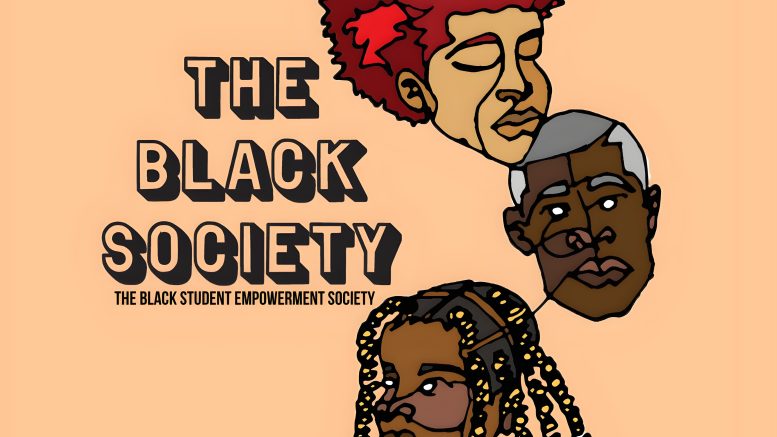There is always a need for support, community guidance among students at the U of M, and this need is not exclusive to one type of student. The Black Student Empowerment Society (BSES) is all too familiar with this need.
The group, co-chaired by El-shaddai Nyakiir and Mily Baliho, was officially formed in September of 2020 during the pandemic. Baliho said that the group formed out of a feeling expressed by herself and other Black individuals — a combination of a lack of community, support and connection within academia.
“UMSU has also historically never been very good at celebrating things like Black History Month,” Baliho said.
“We’ve only really ever had one celebration of that a few years ago and it went not very well to my memory, so there’s a lacking feeling of connection both by the university and then among individuals.”
“We decided that because there’s no way to create generational ties, that we wanted to create a student group that kind of addresses [that], and we could be the community ties that other Black individuals in the student collective cannot inherently have,” she explained.
During its early days amid COVID-19, the group held events online, from Zoom parties to discussion forums and campaigns for Black History Month. While these are things that Baliho likes to reminisce about, another goal has always been at the heart of the BSES’s formation.
“We want to bridge a connection between students and between professionals and alumni that are both Black-identified,” Baliho said.
Baliho highlighted an upcoming event in February called “The Black Café,” which will host a simple coffee house-styled setup for Black students to meet and connect with Black mentors of later years. The students will be able to ask questions about academia and their futures, not only for educational support but for emotional support as well.
The BSES also recently debuted its Afrobeats Night event on Jan. 5 at the Good Will Social Club, kicking off the winter term for the group.
Baliho said that her biggest hope for the future of the BSES is to make up for the feeling of loss and hopelessness that people in her years have felt regarding their degrees. She said that this feeling is a personal experience for a lot of students, but that there are extra layers to it for students like her who may be the first in their families to go to university.
“It does feel aimless, and we don’t have those tiny bits of support and affirmation from people who have done what we wanted to prior,” Baliho explained.
“Although we can’t make generational connections, we can be our own connection, because everybody knows maybe one little thing.”


